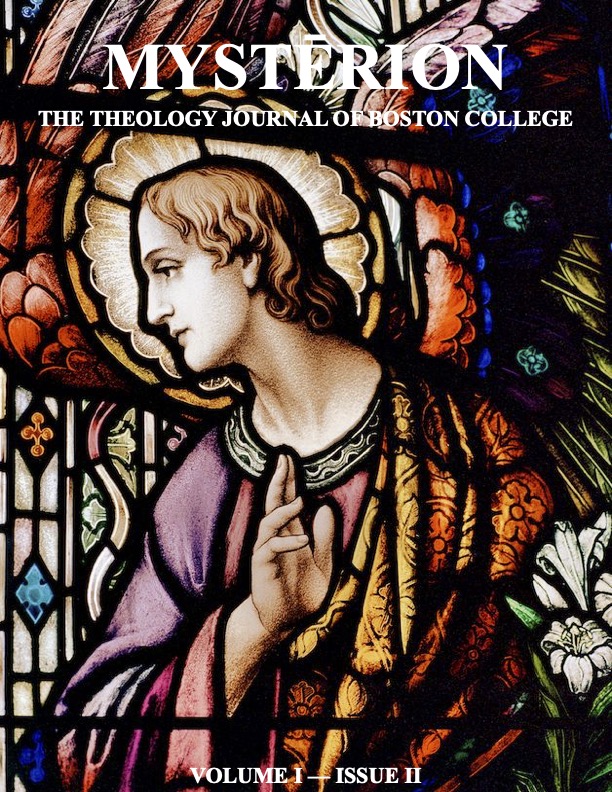Femicide in Latin America
Reimagining Catholic Symbolism in the Pursuit of Justice
Keywords:
femicide, Latin America, marianismo, machismoAbstract
Femicide—the killing of a girl or woman based on their gender—is a widespread horror that occurs frequently in Latin American countries. Because these countries are mostly Catholic, a Catholic theological framework that draws attention to these atrocities is crucial. In particular, there is an evident need for a theological framework that provides support for the fight against machismo and violence not only for women but also for families who have lost daughters, mothers, sisters, etc. This article argues the need for a feminist theology that breaks down systems of machismo and establishes community to combat femicide in Latin America. First, this article will explore the ways in which marianismo and certain symbols of women (e.g., the Guadalupe-Malinche binary and Mariana de Jesús) can perpetuate gender-based power dynamics in Latin America, making femicides permissible. Second, this article will highlight the importance of emphasis on family and community in Latin American society in attempting to transform societal structures to achieve justice for Latin American women. Lastly, the article provides a framework that emphasizes women's agency to stand together, grieve, and fight. This feminist theological framework is centered around the symbol of the Virgin Mary, as portrayed in John’s Gospel during Jesus’s crucifixion. It also focuses on the historical role of Mary as a mother who lost her child. These two aspects of Mary as a symbol provide a way for women in Latin America to hold spaces of solidarity and agency and demand the ending of femicides.
Downloads
Published
Issue
Section
License
Copyright (c) 2022 Alejandra Wright

This work is licensed under a Creative Commons Attribution-NonCommercial 4.0 International License.


